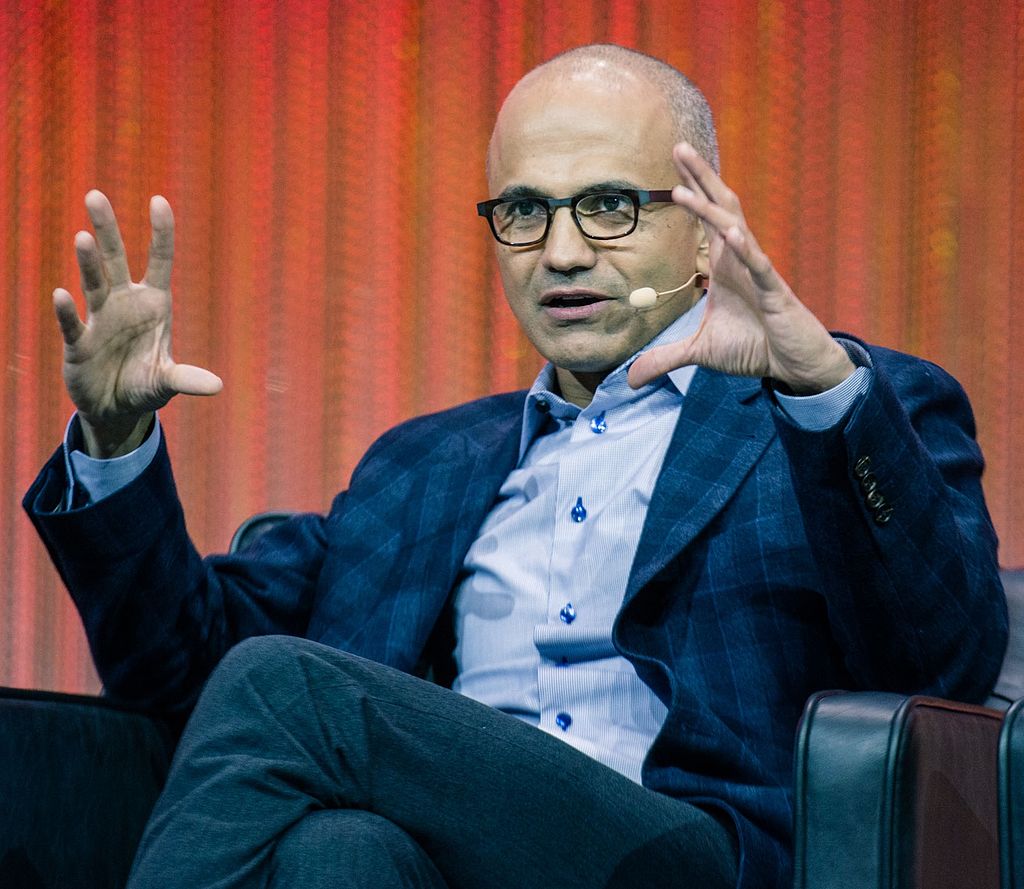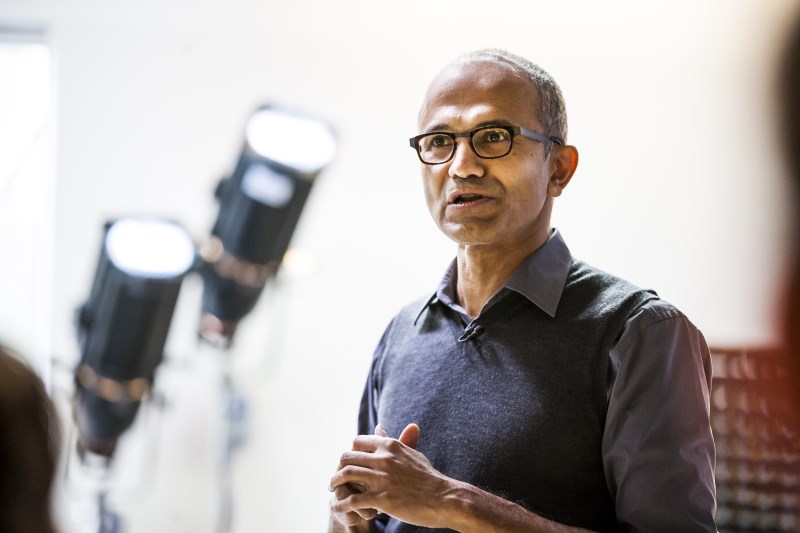Google Android Voice Search gets support for 13 new languages
The tech giant's voice search feature continues to gain momentum by supporting even more languages.


Google has beefed up its Android Voice Search feature by adding support for a further 13 languages bringing the total supported to 42 and extending its reach to some 100 million additional users.
Speed is key when it comes to trying to search for places using voice recognition on a mobile device, according to Google which claims it is catering for that demand with the enhanced arrival.
The updated software is already making its way to users and will improve in accuracy the more people use it, thanks to Google's cloud-based approach, according to product manager Bertrand Damiba.
"'Norwegian restaurants in New York City.' I can type that phrase fast, but I can say it even faster - and when I'm on the go, speed is what I'm looking for," he said in a blog post.
"With Voice Search, you can speak into your phone to get search results quickly and easily... Each new language usually requires that we initially collect hundreds of thousands of utterances from volunteers and, although we've been working on speech recognition for several years, adding these new languages led our engineers and scientists to tackle some unique challenges.
"While languages like Romanian follow predictable pronunciation rules, others, like Swedish, required that we recruit native speakers to provide us with the pronunciations for thousands of words. Our scientists then built a machine learning system based on that data to predict how all other Swedish words would be pronounced."
Multilingual users need not get too excited just yet, however, as Google has stressed that the app can only handle one language at a time so users will need to tweak their language settings each time they use a different lingo.
Get the ITPro daily newsletter
Sign up today and you will receive a free copy of our Future Focus 2025 report - the leading guidance on AI, cybersecurity and other IT challenges as per 700+ senior executives
Maggie has been a journalist since 1999, starting her career as an editorial assistant on then-weekly magazine Computing, before working her way up to senior reporter level. In 2006, just weeks before ITPro was launched, Maggie joined Dennis Publishing as a reporter. Having worked her way up to editor of ITPro, she was appointed group editor of CloudPro and ITPro in April 2012. She became the editorial director and took responsibility for ChannelPro, in 2016.
Her areas of particular interest, aside from cloud, include management and C-level issues, the business value of technology, green and environmental issues and careers to name but a few.
-
 Bigger salaries, more burnout: Is the CISO role in crisis?
Bigger salaries, more burnout: Is the CISO role in crisis?In-depth CISOs are more stressed than ever before – but why is this and what can be done?
By Kate O'Flaherty Published
-
 Cheap cyber crime kits can be bought on the dark web for less than $25
Cheap cyber crime kits can be bought on the dark web for less than $25News Research from NordVPN shows phishing kits are now widely available on the dark web and via messaging apps like Telegram, and are often selling for less than $25.
By Emma Woollacott Published
-
 Propel four common machine learning use cases into production
Propel four common machine learning use cases into productionWhitepaper How organizations are accelerating the training and deployment of machine learning models at scale
By ITPro Published
-
 EasyJet's voice search feature takes flight
EasyJet's voice search feature takes flightNews Customers can now speak into their smartphone when searching for trip options
By Rene Millman Published
-
 17 hidden secrets of the Amazon Echo
17 hidden secrets of the Amazon EchoIn-depth Amazon’s voice assistant can do a lot more than just play music and tell you the weather.
By ITPro Published
-
Researchers uncover new exploits in voice-powered assistants like Amazon Alexa or Google Assistant
News 'Voice squatting' and 'voice masquerading' are new methods attackers can use to steal users' information
By Keumars Afifi-Sabet Published
-
How to put Alexa on Raspberry Pi
Tutorials Here's how you can build a home-brew Amazon Echo
By Mark Mayne Published
-
 Satya Nadella: Microsoft will build ethical AI
Satya Nadella: Microsoft will build ethical AINews Microsoft chief says ethics must be taken seriously as AI begins to change society
By Keumars Afifi-Sabet Published
-
 Microsoft buys conversational AI startup Semantic Machines
Microsoft buys conversational AI startup Semantic MachinesNews Machine learning firm to make Cortana and Azure Bot Services better at chatting
By Bobby Hellard Published
-
 Microsoft wants to make Azure your AI destination
Microsoft wants to make Azure your AI destinationNews Developers get more tools to build AI in the cloud and at the edge, plus Microsoft 365 customisation
By Rene Millman Published